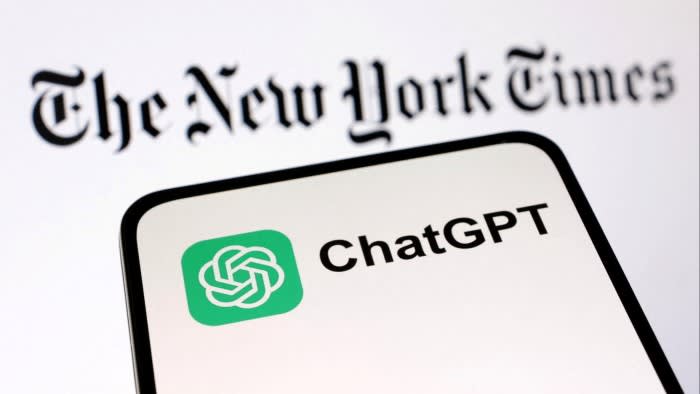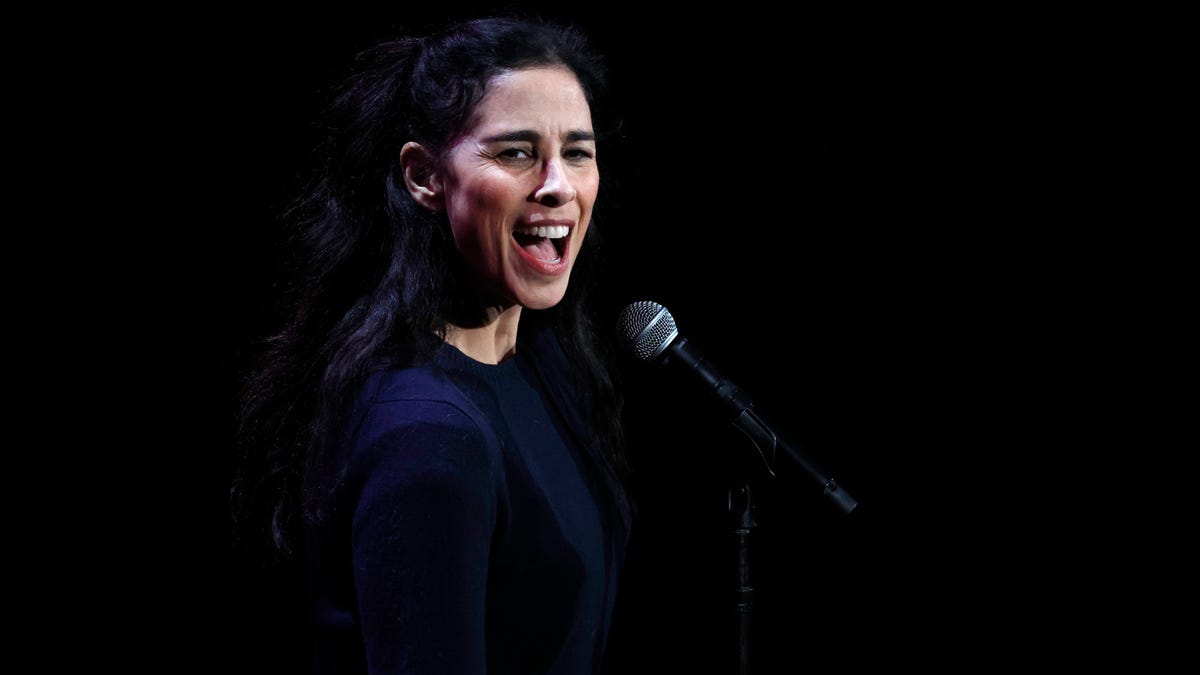Microsoft has accused The New York Times of engaging in “doomsday futurology” by predicting that ChatGPT could potentially disrupt the information business. This accusation comes in response to a lawsuit alleging trademark infringement against OpenAI, the creator of the artificial intelligence bot, in which Microsoft has a substantial investment of $13 billion.
In a legal filing submitted to a Manhattan court, Microsoft drew parallels between The New York Times and Hollywood studios that once tried to impede the introduction of the VCR in the 1980s, likening the newspaper’s actions to hindering the progress of a “groundbreaking new technology”.
The lawsuit, initiated by The New York Times in December, marks the first major legal challenge against OpenAI and Microsoft concerning their chatbot technology. The media company claims that these tech giants unlawfully replicated millions of articles to develop their platform, seeking billions of dollars in damages for what they perceive as an unauthorized utilization of their journalistic content.
However, Microsoft’s court brief rebuts these claims by asserting that copyright laws do not pose a hindrance to innovative technologies like ChatGPT, drawing comparisons to historical advancements such as the VCR, personal computers, and search engines. The tech giant maintains that the data utilized to train AI tools like ChatGPT does not diminish the market for original works.
Legal representatives for Microsoft further argued that the instances of alleged copyright infringement outlined in The New York Times’ complaint were based on “unrealistic prompts” that do not accurately reflect how individuals interact with GPT-based tools in real-world scenarios.
In response to The New York Times’ allegations, OpenAI contended in January that the newspaper had deliberately manipulated its AI model to reproduce verbatim passages from published reports. While acknowledging the use of The New York Times’ articles in developing ChatGPT, OpenAI emphasized that this content did not significantly contribute to the training of their current models, attributing any verbatim reproductions to the bot’s inadvertent memorization.
OpenAI, in its motion to dismiss the lawsuit, emphasized that ChatGPT does not serve as a direct substitute for accessing The New York Times’ subscription-based content, asserting that users cannot utilize the chatbot to access Times articles at will.
The legal disputes involving ChatGPT extend beyond The New York Times, with notable authors like John Grisham and Jodi Picoult, as well as actor Sarah Silverman, raising concerns about potential copyright infringement. Despite these challenges, Microsoft remains a key supporter of OpenAI, with a significant financial commitment aimed at advancing AI technologies. In exchange for its investment, Microsoft stands to receive up to 49 percent of OpenAI’s revenue, leveraging OpenAI’s GPT systems to enhance its Bing search capabilities.










